Russia, China advocate polycentrism; believe world should not be unipolar: Duma
A senior Russian official says Moscow and Beijing support polycentrism and believe that the world should not be unipolar while the West thinks quite the opposite and tries to hamper the development of the two major world powers.
Vyacheslav Volodin, chairman of the lower house of the Russian Parliament, made the comment in a post on his Telegram channel Friday on the occasion of the 20th anniversary of the Sino-Russian Treaty of Good Neighborliness and Friendly Cooperation.
"The most important thing that unites our countries is that we believe that the world should not and will not be unipolar. Russia and China consistently advocate the ideas of polycentrism and principles of equality in relations between countries, respect to national legislation, traditions and distinct political systems," Volodin said.
The State Duma speaker said the Russia-China ties are relations of a "new type between two superpowers" that are built on the principles of openness and the mutual respect for common interests.
Volodin also stressed that the United States and a number of other Western countries are seeking to hamper Russia’s and China’s development.
"Trying to build a unipolar world, they regularly violate the norms of international law, interfere in sovereign affairs. We see imperial ambitions instead of equality and justice, pressure instead of dialogue. They have no partners, only vassals," he added.
The chairman of the lower house of the Russian Parliament warned that such hostile moves would never lead to their intended result, and instead called for dialogue and mutual respect.
"We are living in a different reality, and it is inadmissible to impose one’s will on other countries," he noted. "Development can only rest on dialogue, the exchange of experience, respect to various approaches, traditions, and mentality.”
Volodin added that relations between Russia and China working "on mutually beneficial terms in the interests of their countries and the development of their states," can serve as an example.
Russian Foreign Minister Sergei Lavrov said a day earlier that relations between Russia and China are at their “best” and highest level ever, amid the pair’s long-running tensions with Washington.
Relations between the US and Russia remain strained over several issues, including Syria, Ukraine and allegations of Russian interference in US presidential elections.
The US has imposed more than 90 rounds of sanctions on Russia in recent years. The measures have targeted state banks and corporations, the oil and gas sector, and top officials and business tycoons.
Moreover, the United States’ relations with China have in the past years grown increasingly tense over trade, Hong Kong, Chinese Taipei, the South China Sea and the coronavirus pandemic.
Baltic Fleet troops go on alert in drills in Kaliningrad
Separately on Friday, Russia’s TASS news agency reported that over 3,000 troops of the Baltic Fleet’s army corps in the westernmost region of Kaliningrad had been placed on alert for a combat readiness inspection.
"The combat readiness check of units and formations of the army corps involves over 3,000 personnel and more than 500 items of military and special hardware," TASS reported the Fleet’s press office as saying in a statement.
The troops practiced carrying out measures against a hypothetical enemy’s subversive and reconnaissance groups, air attack weapons and overcoming notionally contaminated terrain, the statement added.
"During the inspection, the command of the higher-level headquarters will give an assessment of the troop combat posture and operational training, the condition of armaments and military hardware and logistics provision in the conditions of operation far from permanent stations," the press office underlined.
In the course of the exercise, as the statement said, "special attention is being paid to deploying command posts and organizing interaction between units in accomplishing assigned missions.”
The development comes as tensions between Russia, the US and NATO continue to simmer, with Moscow angered by the military alliance’s drills and other provocative moves in the Black Sea — a hotspot since Crimea rejoined Russia in a 2014 referendum.
There was a standoff in the region last month following a trespassing by British warship HMS Defender in Russia territorial waters off the Crimean coast.
Russia has time and again voiced concern about the increasing activities of the US-led NATO forces near its western borders.
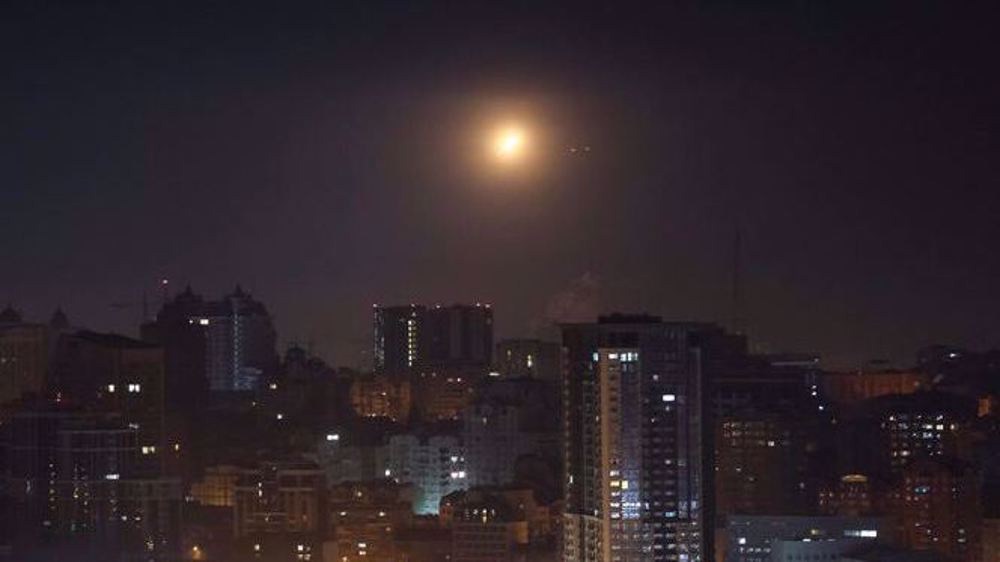
Russia launches ‘record’ strikes on Ukraine: Kiev
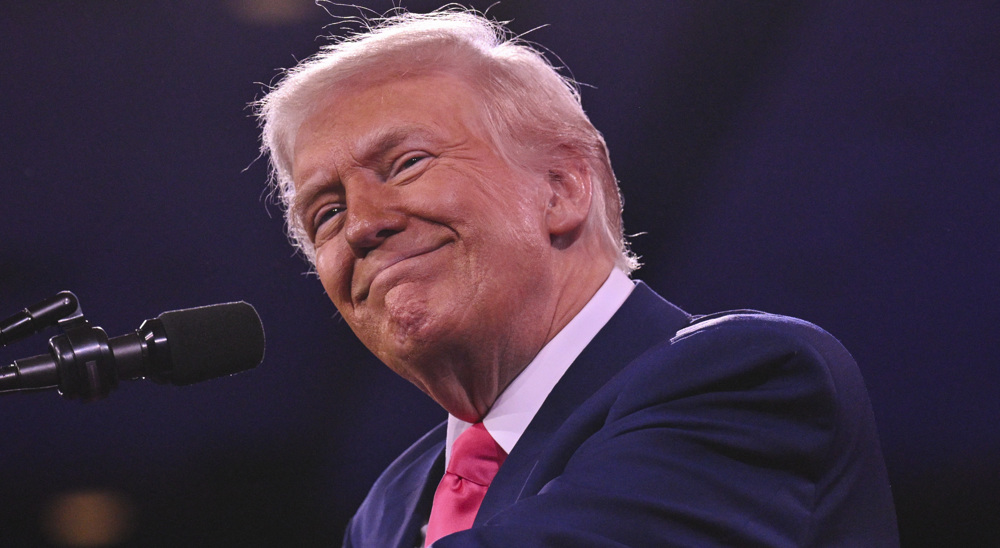
Trump wants return on Ukraine aid: ‘We’re getting our money back’
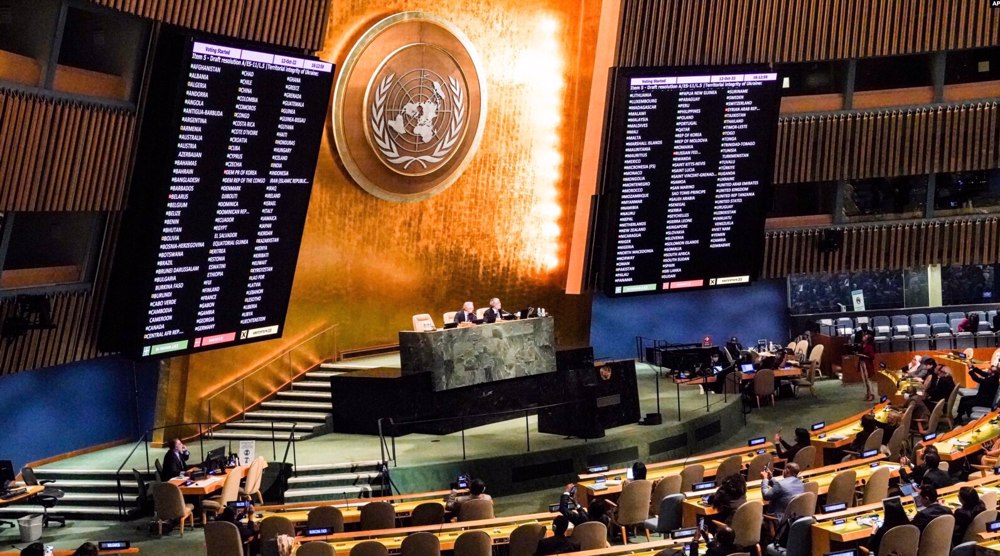
US to propose own UN resolution on Russia-Ukraine conflict
Israeli jets flyby over Nasrallah funeral ‘act of terror’: Iran FM
IRGC: Nasrallah funeral ‘global resonance of resistance’; Hezbollah resolute to dismantle Israel
VIDEO | Pakistanis attend mass funeral for martyred Hezbollah leaders
Hamas condemns escalation as Israel deploys tanks into West Bank for first time in decades
Iran Army’s hovercrafts fitted with advanced long-range missiles: Navy chief
VIDEO | Pro-Palestine protesters in Madrid call for end to Israeli crimes
VIDEO | Tehran commemorates martyred Hezbollah leader
VIDEO | Press TV's news headlines


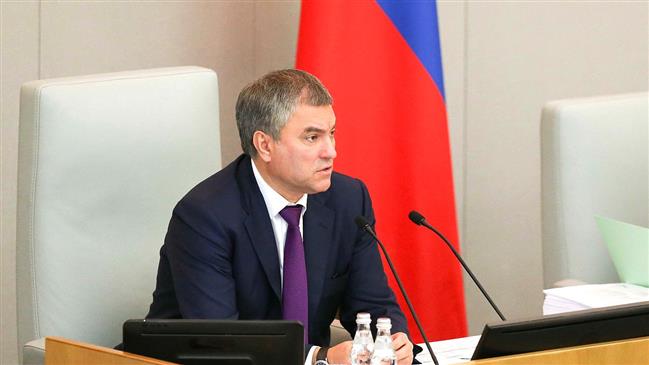
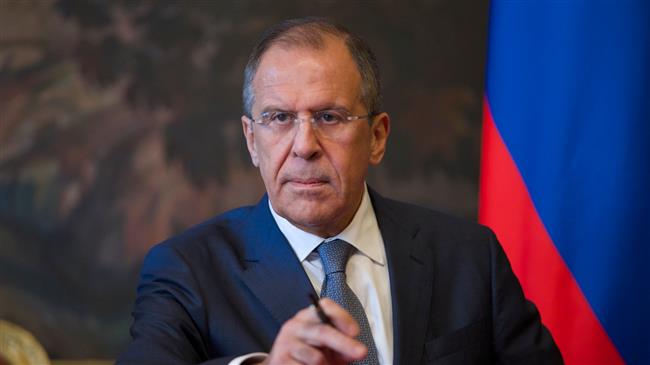





 This makes it easy to access the Press TV website
This makes it easy to access the Press TV website